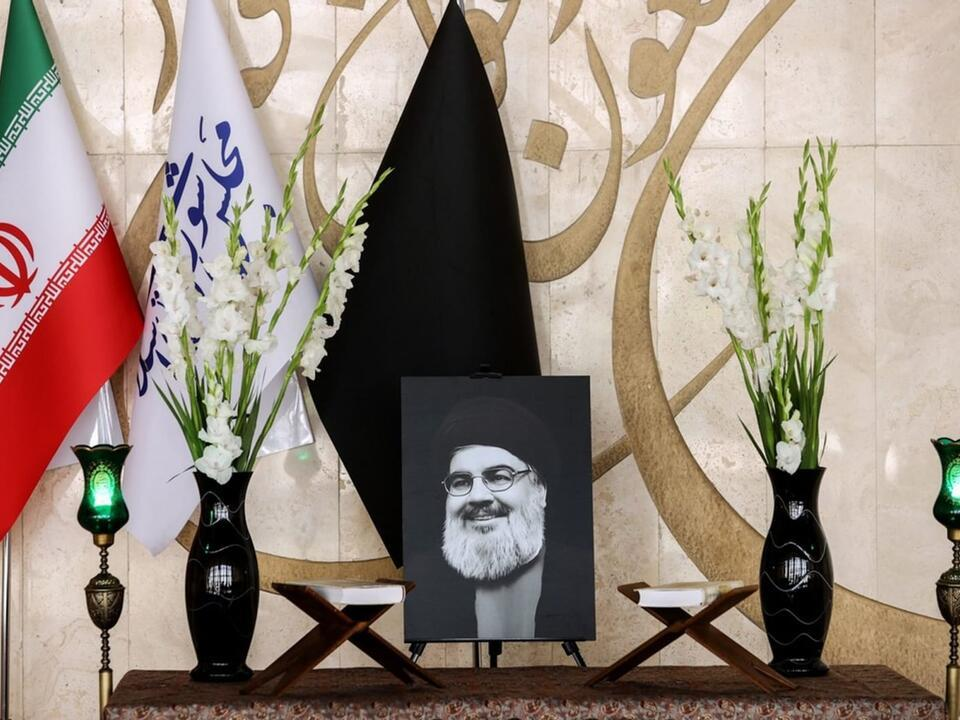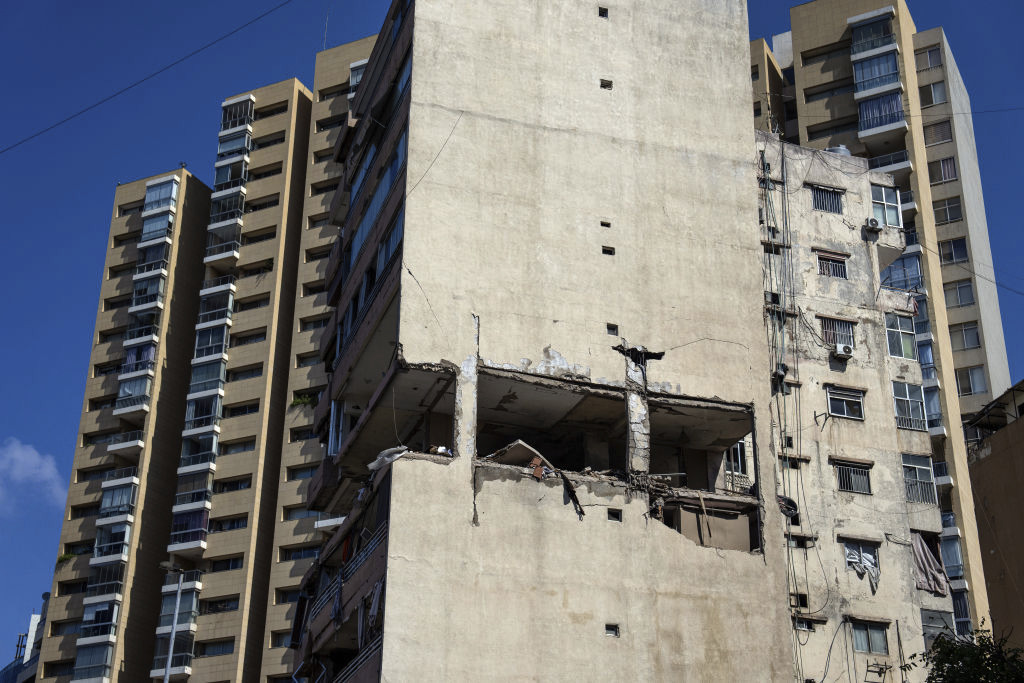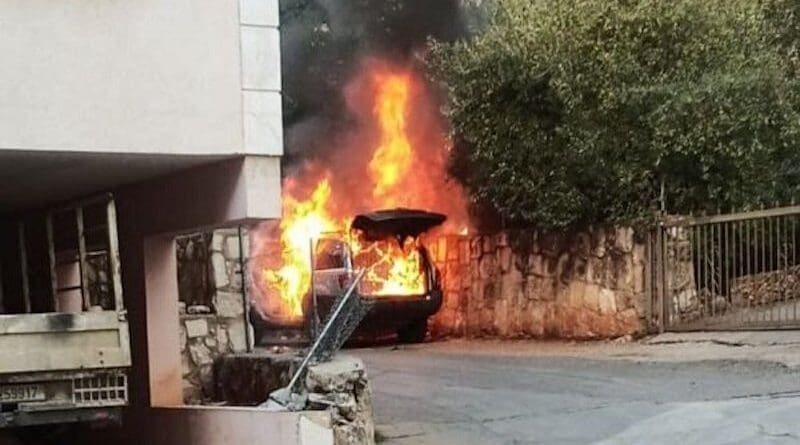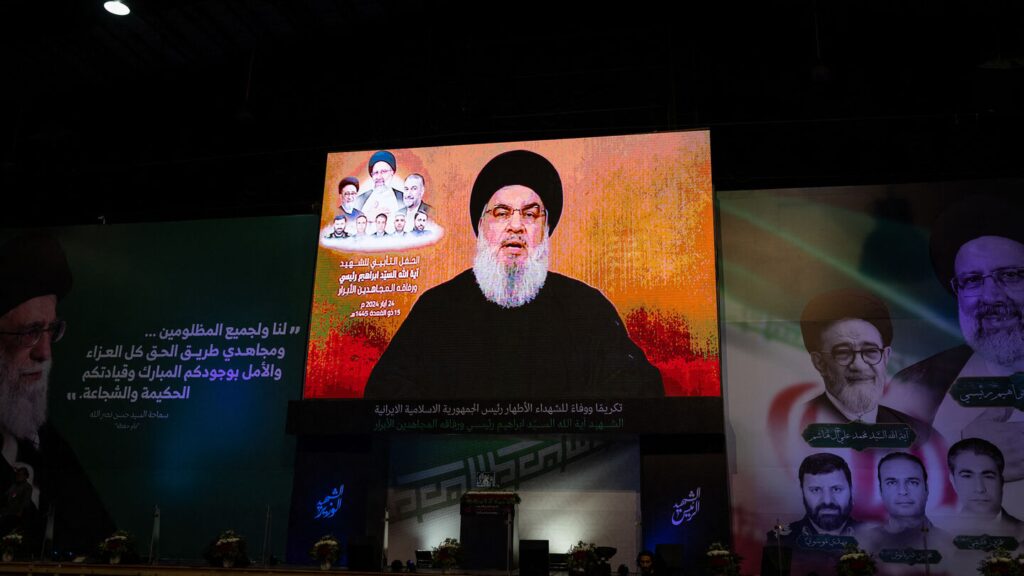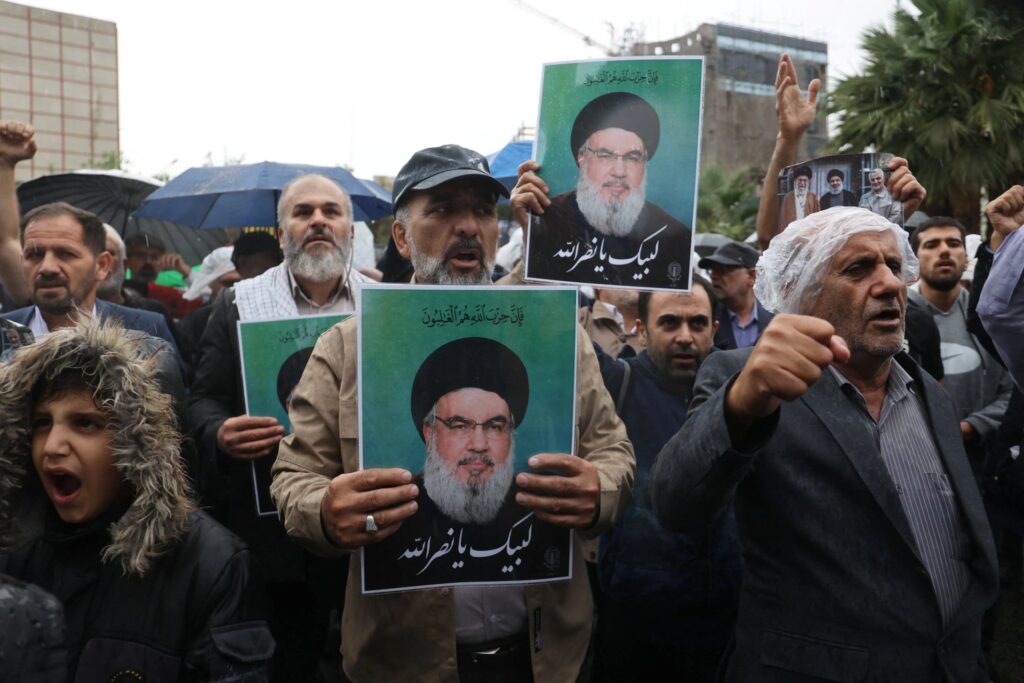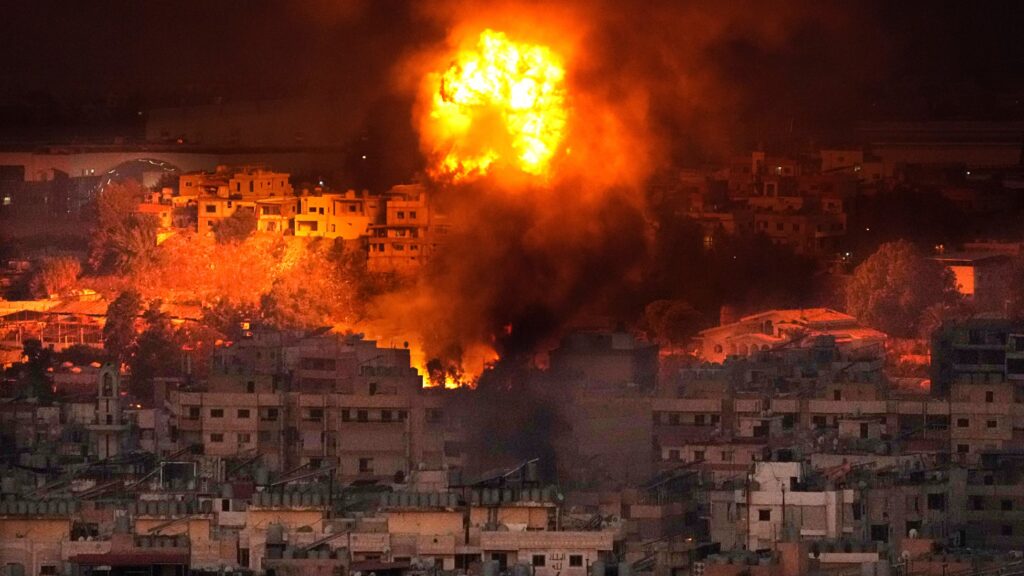The Air Force Team Behind the Operation to Eliminate Hassan Nasrallah
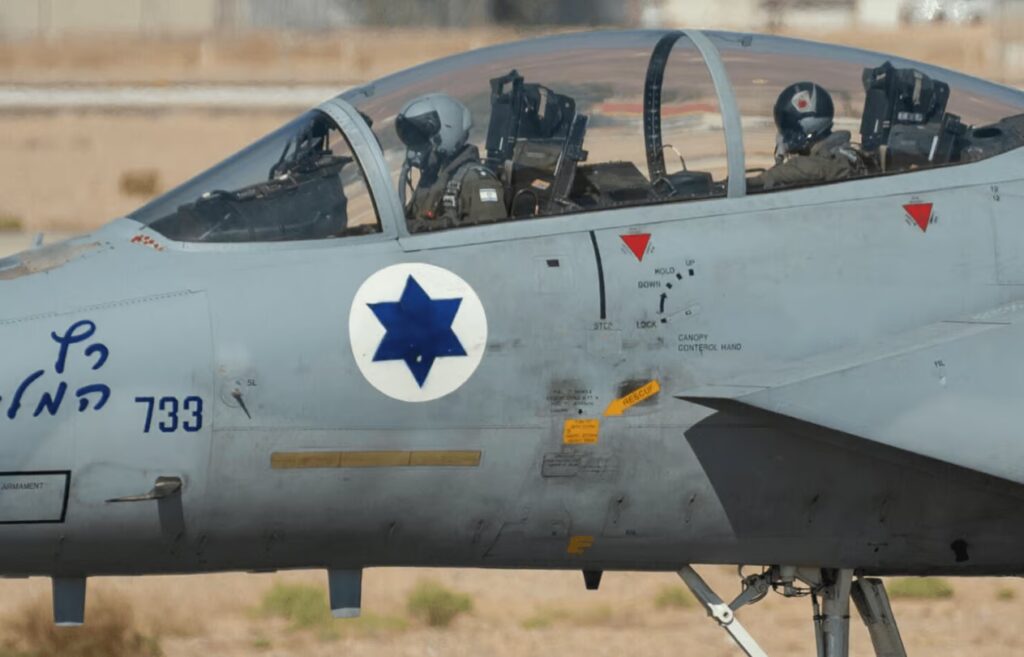
A pivotal mission marks a turning point in the conflict, impacting Hezbollah and the future of the Middle East.
In a historic and high-stakes operation, Israel’s Air Force has successfully eliminated Hezbollah Secretary-General Hassan Nasrallah, marking a critical milestone in the ongoing conflict. Brig. Gen. Amichai Levin, commander of Hatzerim Air Force Base, confirmed the strategic importance of this mission during a joint interview with Lt. Col. M, commander of the elite 69th “Hammers” Squadron, responsible for executing the strike.

